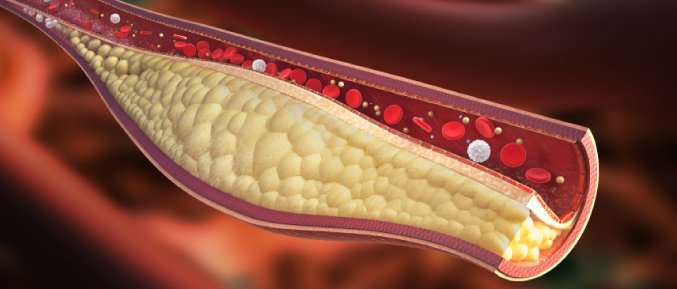Credit: American Heart Association
For years, Asian doctors haven't had the kind of solid evidence that U.S. doctors have had to show high-dose statins could lower heart risks in their patients. But a large new study released Monday does just that.
"There has been substantial reluctance to use higher dose statins in Asian patients," said Karol E. Watson, M.D., Ph.D., a cardiology professor at the David Geffen School of Medicine at the University of California, Los Angeles. "This trial should give comfort that this strategy is safe, well tolerated, and beneficial."
Researchers, who presented their study at the American Heart Association's annual Scientific Sessions meeting, gave statins to more than 12,000 Japanese patients with coronary artery disease. They began by giving all patients a 1-milligram-per-day dose of pitavastatin for four weeks.
Then, patients whose low-density lipoprotein, the so-called "bad" cholesterol, dropped to less than 130 milligrams/deciliter after the initial four weeks randomly received a low or high dose of pitavastatin for the next five years. In the final analysis, 6,214 received the 1-mg dose and 6,199 got the 4 mg dose.
Patients taking the higher dose had fewer deaths from cardiovascular causes, fewer non-fatal heart attacks and strokes caused by blockages, and fewer hospitalizations caused by unstable chest pain: 4.3 percent of high-dose patients compared to 5.4 percent of low-dose patients.
Eighty-three percent of patients studied were men and the average age was 68. Blood pressure and diabetes were well controlled, according to researchers.
Japanese physicians have been reluctant to prescribe high-dose statins because of the lack of evidence among Asian patients, said Hiroaki Shimokawa, M.D., Ph.D., one of the lead authors of the study. He is chairman of the Division of Cardiovascular Medicine at Tohoku University Graduate School of Medicine in Sendai, Japan.
This trial provides that evidence, he said.
Provided by American Heart Association





















